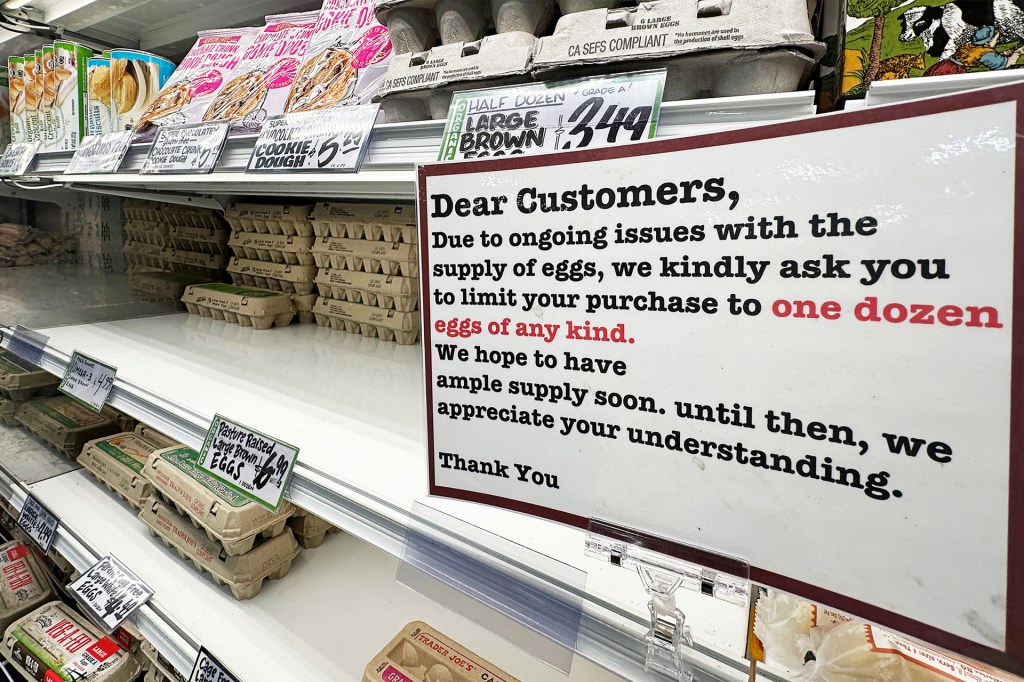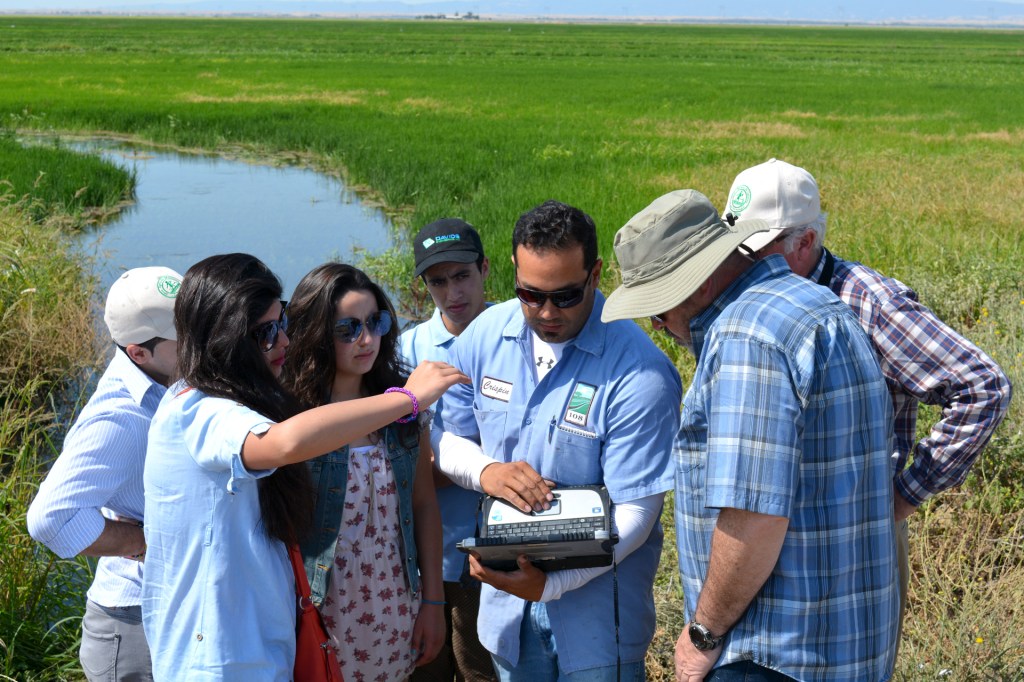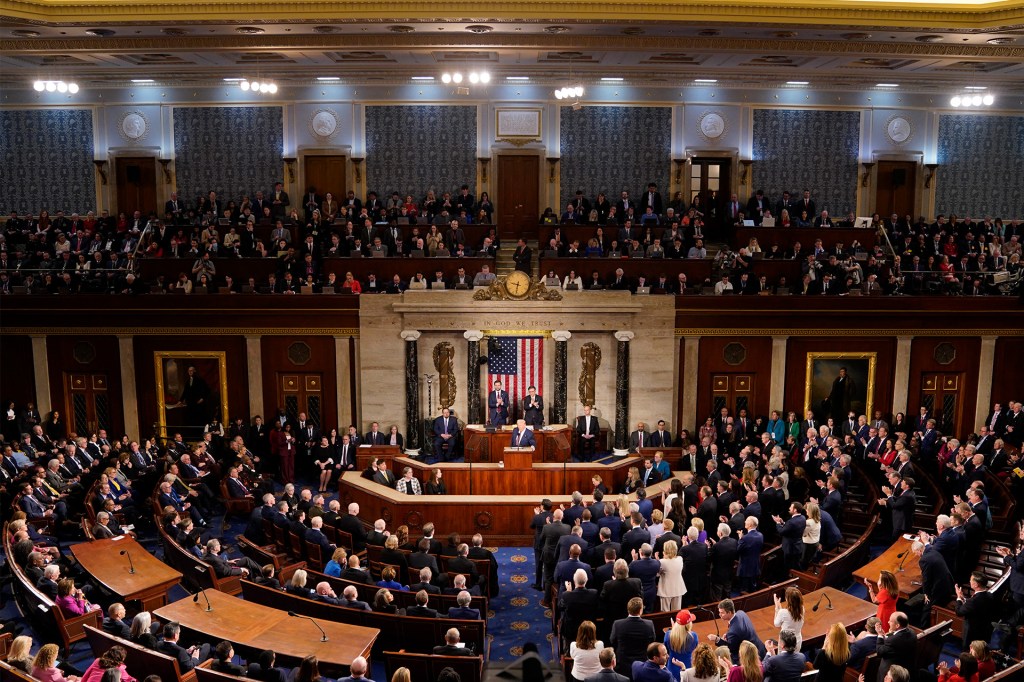Scrambling for Eggs

Grocery stores, restaurants, and shoppers are feeling the effects of a nationwide egg shortage. It’s projected to cause egg prices to skyrocket by 20% this year, according to the U.S. Department of Agriculture. The shortage is tied to an outbreak of bird flu, an illness that has affected millions of birds in the United States.
Bird flu spreads quickly among birds of all kinds, including chickens. Fewer chickens means fewer eggs for people and businesses to buy. As demand grows, the remaining eggs become more expensive. In January 2024, one dozen large, grade A eggs cost about $2.52. By December, that number had risen to about $4.15, according to the U.S. Bureau of Labor Statistics.
Businesses are responding to the shortage. Restaurant chain Waffle House announced a new surcharge: 50¢ more per egg. “While we hope these price fluctuations will be short-lived, we cannot predict how long this shortage will last,” a spokesperson for Waffle House said in a statement.
Grocery stores, such as Trader Joe’s and Costco, are also working through the shortage. Some are limiting how many cartons of eggs shoppers are able to purchase.
Stop and Think!
WHAT details help readers understand the impact of the shortage? Why are details important in a news story?













